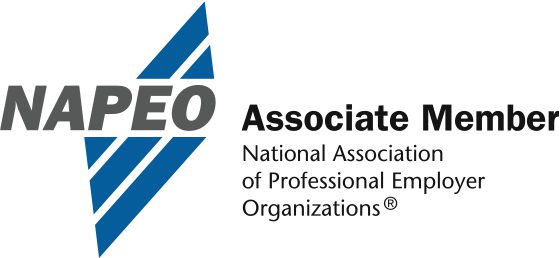Running a business requires managing all the different aspects of operations and management while juggling new ideas and trying to prepare for the future. If your business is struggling to keep track of its growing team and can’t seem to find a straightforward way to find, attract and keep talent, then a comprehensive HRIS system could be a sound solution.
What is HRIS?
HRIS stands for Human Resources Information System. Businesses use software or systems to manage and automate their human resources processes and tasks. Some common HRIS functions include:
- Ongoing employee data management – This includes storing and updating employee information such as personal details, job titles, pay rates, and performance evaluations in a centralized location.
- Payroll and benefits administration – HRIS systems can help businesses automate and manage payroll processing and employee benefits administration, including tracking vacation and sick days and calculating and distributing paychecks.
- Recruiting and hiring – HRIS systems can help businesses manage the recruiting and hiring process, including posting job openings, tracking resumes, scheduling interviews, and maintaining the candidate’s history.
- Performance management – HRIS systems can help businesses track employee performance, including setting and tracking performance goals and conducting performance evaluations.
- Compliance – HRIS systems can help businesses stay compliant with state and federal laws and regulations, such as labor laws and tax regulations.
- Recruiting and Hiring – HRIS can help companies manage the recruitment and hiring process, including posting job openings, tracking applicants, and scheduling interviews.
- Reporting and Analytics – HRIS can provide data and insights that can aid in decision-making and strategic planning.
Overall, an HRIS system can help businesses streamline their HR processes, improve efficiency and accuracy, and gain access to valuable data and insights.

What Companies Need a Human Resource Management System?
HRIS (Human Resource Information Systems) can be used by a wide variety of businesses, regardless of size or industry. Some examples of businesses that commonly use HRIS include the following:
- Large corporations – Many large companies use HRIS to manage their large and diverse workforce.
- Small and medium-sized businesses – Small and medium-sized businesses can also benefit from an HRIS to improve their HR processes and manage their employees more effectively.
- Non-profits – Non-profits organizations also need to manage their employees, volunteers, and contractors. They can use an HRIS to manage recruitment, volunteer and contractor management, and volunteer hours tracking.
- Healthcare providers – Healthcare providers such as hospitals and clinics can use an HRIS to manage employee information, payroll, benefits, and compliance with healthcare regulations.
- Educational institutions – Educational institutions such as schools, colleges, and universities can use an HRIS to manage employee information, payroll, benefits, and compliance with education regulations.
- Government agencies – Government agencies can use an HRIS to manage employee information, payroll, benefits, and compliance with government regulations.
- Manufacturing and production – These industries need to manage their employees and contractors.
Overall, any business that employs people can benefit from an HRIS to manage its human resources more effectively and efficiently.
Key Benefits of an HRIS System
A Human Resource Information System (HRIS) can provide a variety of benefits for a company. Some of the key benefits include:
- Improved efficiency – An HRIS is capable of automating many HR processes, such as onboarding and benefits enrollment, which can save time and reduce errors.
- Better data management – An HRIS can store and organize employee information in a centralized location, making it easy to access and update. This can also improve the accuracy and completeness of employee data.
- Increased compliance – An HRIS can aid in ensuring compliance with labor laws and regulations by tracking employee information, such as pay rates, overtime, and vacation time.
- Improved decision-making – An HRIS provides valuable data and insights that can aid in decision-making and strategic planning, such as identifying trends in employee turnover or absences.
- Better communication – An HRIS can help improve communication between HR, managers, and employees by providing a unified platform for HR-related communications and tasks.
- Better Self-service – An HRIS can empower employees to manage their own information, such as benefits enrollment, vacation time, and pay slips which can save HR time and increase employee engagement.
- Cost savings – An HRIS can help save costs by reducing the need for manual data entry and paper-based processes and can also help with reducing errors and compliance fines.
Elevate Your Business Even Higher With a Top Human Resource Management System

Are you ready to have all your primary human resources needs to be streamlined into one platform? Contact our HRIS software experts at Aspen HR right away to learn more about your company’s options for a brighter organizational future. We pride ourselves on excellent customer service and are a top HRIS vendor that has Human Capital Management solutions ranging from benefits administration to payroll management.







